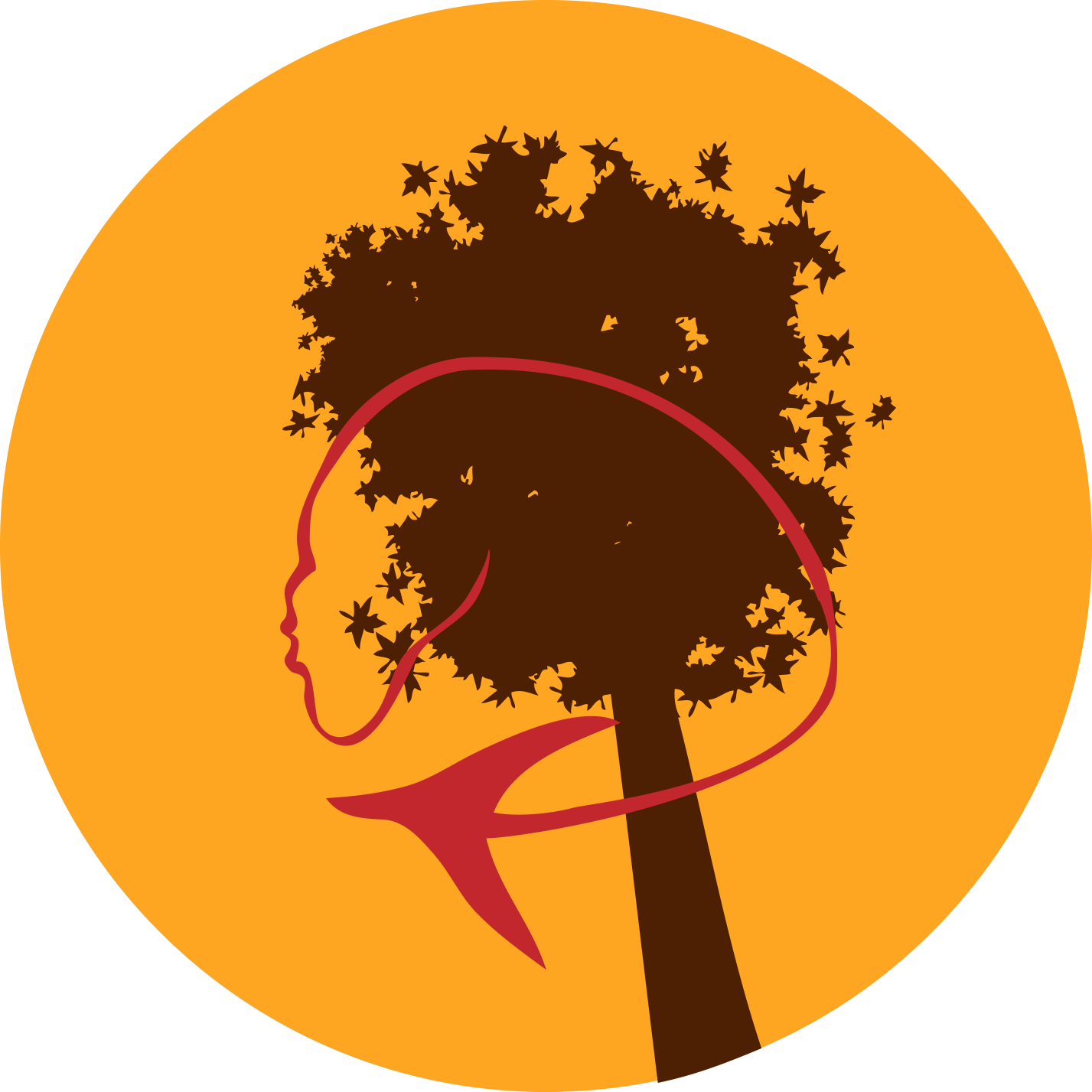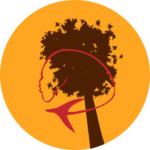
WORK TO GROW
For Employers
Nature Canada’s Work to Grow program connects racialized youth to jobs that promote and protect nature. We are looking for partners offering meaningful work for this generation of nature lovers.
Due to overwhelming demand, we won’t be opening a second round of Work to Grow applications. For questions or to check current availability, feel free to contact us directly at WorktoGrow@NatureCanada.ca

Be part of the solution
Take advantage of our wage subsidy to employ BIPOC youth in your organization.
Racialized youth face unique barriers in developing experience and finding jobs in nature-related activities.
Building a strong nature community that values, engages and ultimately mobilizes millions of diverse nature lovers across the country means it is crucial that we engage all perspectives and all communities.


We’ve asked: what should be done when nature space is perceived as white space?
The lack of racialized people working in organizations that protect and promote nature is a barrier to youth seeing themselves in those roles. You can be part of removing these systemic barriers by creating opportunities for racialized youth in your organization.

Join us!
Join us in creating job opportunities for BIPOC youth in nature organizations across the country.
As a partner organization, you must demonstrate:
- an opportunity for youth to be exposed to meaningful work in nature conservation or appreciation
- capacity to provide mentorship and support to youth
- equity and anti-racism initiatives or interest
- willingness to support youth in participating in Work to Grow training, networking, and other initiatives
- financial resources to pay the remaining wage cost.
Nature Canada will:
- provide up to 50% wage subsidy to increase your capacity to hire youth aged 15-30, for full-time (35 hours/week) work terms between 8 and 15 weeks or part-time work terms (length of term may vary)
- create learning and community-building opportunities
- raise the profile of Work to Grow program partners and lift up the voices of BIPOC youth participants through our communications avenues.
More questions? Check out the FAQ.
Frequently Asked Questions
Have a question not listed here? Email worktogrow@naturecanada.ca and we’ll be happy to help!
Who can apply for jobs in the Work to Grow program?
Youth from across Canada who are:
- Between the ages of 15 and 30 (inclusive)
- Legally entitled to work in Canada
- A Canadian citizen, permanent resident, or granted refugee status
Who can advertise jobs in the Work to Grow program and receive the wage subsidy?
Organizations whose work is related to nature conservation or appreciation. These could include:
- Non-profits (for example, nature groups, forest schools, social justice organizations)
- For-profits (for example, Hiking groups, Farms)
- Indigenous Organizations/Governments
- Educational and Cultural institutions
What is the deadline to apply?
To support a smooth application and hiring process, we have determined deadlines for employers to apply for funding that aligns with seasonal hiring. Please refer to the deadlines below.
Round 1: March 10 – April 20, 2025
Round 2: August 11 – September 28, 2025
What is the turnaround time for employer applications to be approved?
Our goal is to let you know if your application is approved within two weeks.
What kind of job opportunities qualify?
The goal of Work to Grow is to support the conservation and enjoyment of natural and cultural heritage in Canada while creating opportunities for racialized youth facing barriers to employment. If you’re not sure if your job qualifies, email worktogrow@naturecanada.ca and we’ll be happy to help.
Do jobs have to be full-time?
Jobs may be full or part-time.
How long are the placements?
Full time job placements are up to 15 weeks. Part time job placements may be longer, contact us for more information.
How much is the funding for employers?
Nature Canada will provide a wage subsidy of up to 50%. Nature Canada will also provide funding for fifty percent of mandatory employment-related costs (MERCs) incurred during the youth’s employment. The amount of MERCs will vary by the province of employment.
What kind of training for youth is part of the program?
A goal of the program is to provide skill development opportunities as well as exposure to various leaders within the nature sector. We also want to create community! We will ensure youth in the program are connected and can share what they are learning and what challenges they may be facing.
What kind of training for partner organizations is part of the program?
Nature Canada’s goal is to provide awareness-building training to equip organizations with a foundational understanding of an intersectional approach, how race and conservation intersect, and the barriers to accessing nature and nature-related work experienced by racialized communities.
Can we employ more than one youth at a time?
Yes! Feel free to indicate in your application if you would like multiple youth for the same job posting or to submit multiple job postings.
What do we pay the youth?
All positions subsidized through the Work to Grow program are highly encouraged to pay a living wage for the youth in the program. Fifty percent of the wages and employer costs will be covered by the Work to Grow program.
Can funding be stacked with other wage subsidy programs?
Stacking of funding is allowed up to 100% of the subsidy for wages, as long as the secondary funding source is NOT the Youth Employment and Skills Strategy (YESS) program. Both Work to Grow and Canada Summer Jobs are from the same funding source and therefore cannot be stacked
What does BIPOC mean?
BIPOC stands for Black, Indigenous, People of Colour.
Are only BIPOC youth eligible?
Protecting nature is a racial justice issue. Equity and anti-racism are crucial to protecting nature. We aim to create a world where people and nature thrive and we must all do our part to push for lasting change.
Racialized youth face unique barriers in developing experience and finding jobs in nature-related activities. The lack of racialized people working in conservation and nature organizations is a barrier to youth seeing themselves in those roles. So, while our program is not exclusive to BIPOC youth we strongly encourage hires to come from these equity deserving groups.
What does ‘racialized’ mean?
Racialized communities encompass all people that are non-white in colour, including Indigenous peoples. The term racialized acknowledges the fact that the barriers faced by communities are rooted in the racial prejudice of society and are not a product of our identities. Racialized communities are not a monolith and each community and individual experiences different lived experiences.
What else is Nature Canada doing to be a better ally?
Nature Canada is on a journey to implement our commitment to advance racial and gender equality, as well as Indigenous rights and reconciliation, as part of our mission to discover, defend and restore Nature. We have identified the engagement of racialized communities as a priority. This work is core to our organizational culture at all levels, from governance to programming.

